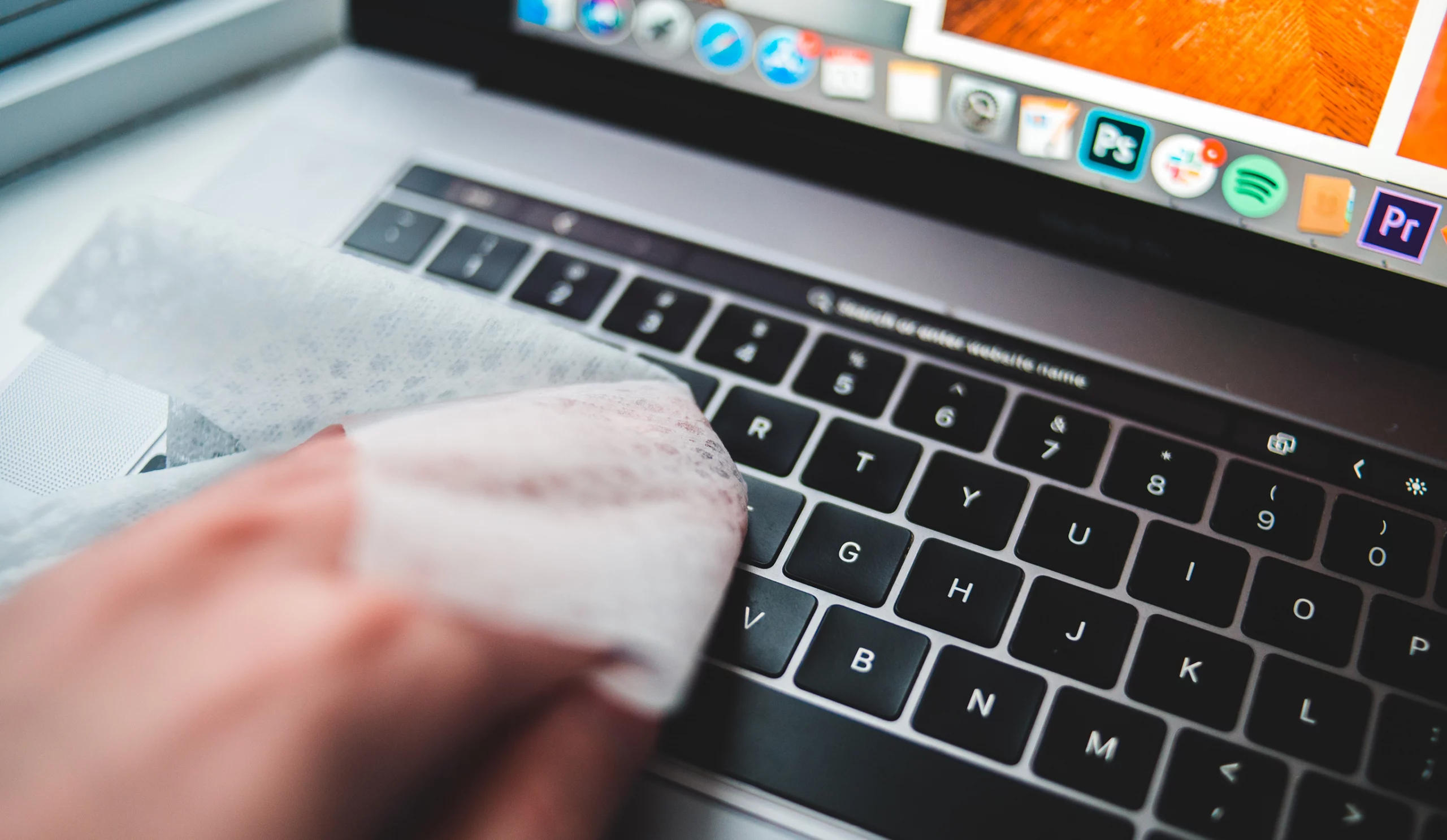How to Maximize Your Residency Application Amidst COVID-19
- by
- May 20, 2020
- Reviewed by: Amy Rontal, MD

COVID-19 is a new challenge that has dramatically impacted medical students, whether they were pulled from their clinical rotations or required to sit through the rest of their semesters online. For most, it is an anxiety-provoking time. Nobody feels this more so than students who would have been gearing up to apply to residency right now, packaging their USMLE scores, away rotations, and letters into an application that would be submitted in the fall. Now that COVID-19 is here, USMLE exams have been delayed, rotations have been canceled, and certain opportunities for letters may no longer be possible. Despite these seeming challenges, there are still ways to maximize during and stand out with all the extra time we have at home:
1) Research
As we all know, research is becoming increasingly necessary for a strong residency application. Although many basic science laboratories are not open, clinical research can still be performed! Because patient volume is low on most non-frontline specialties due to hospitals suspending elective procedures, there may be a unique opportunity to discuss projects with attendings. This is an excellent time to write case reports or perform retrospective studies.
2) COVID-19 related volunteer or learning opportunities
Some medical schools are offering electives that offer COVID-19 teaching in basic or clinical science. Others provide opportunities for students to volunteer to help frontline providers, obtain PPE, or assist the elderly. These are amazing opportunities to learn and contribute during a time of great need, in almost every specialty. Not only will you make a significant impact on your community, but you will also have some excellent experiences to reflect on and ultimately discuss during your residency interviews.
3) Telemedicine or other online clinical experiences
There is no doubt that COVID-19 will lead to permanent changes in the way we practice. Staying on top of telemedicine and telehealth efforts at your institution will allow you to not only prepare for residency but also for a new future in which telemedicine improves access and reduces unnecessary exposures.
4) Write your personal statement
Not only do you have extra time now to consider your residency selection processes, but if you were looking for content, you might have just found it. COVID-19 is a career-defining experience and being witness to it – and being able to reflect on it – can make a strong personal statement, if written correctly. Take some time to think about your motivations and how living through this pandemic has affected your motivation and goals in the context of healthcare workers playing a larger role than ever.
5) Take time for yourself
While you would have been buckling down for residency in any other year, this is an unprecedented challenge that has caused significant challenges to our mental health. While you might feel some pressure with residency looming, program directors will understand accommodate your needs. That being said, learn a new hobby, exercise, meditate, or do whatever it takes to come out of the other side of this pandemic revitalized.
6) Don’t worry
Yes, we are in an unprecedented time, but the silver lining is that healthcare workers are coming together in an amazing way. At the end of the day, this pandemic will be short-lived compared to the entire rest of your career and you should still be excited it will unfold in the fulfilling and stimulating way that you have always expected it to – with or without the pandemic.









